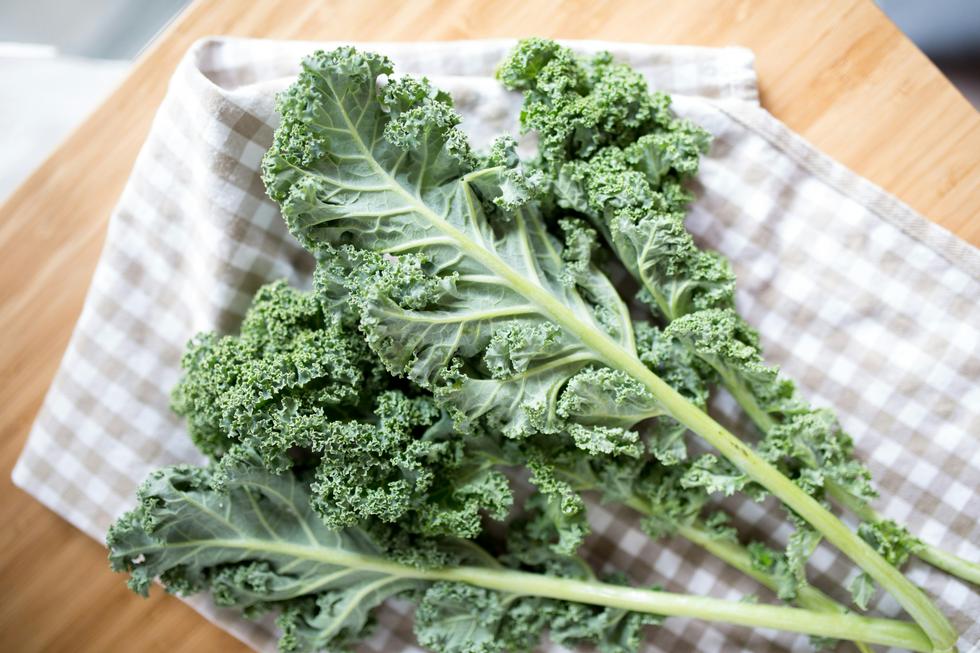Quick version
How to Get Vitamin K Through Your Diet
Vitamin K is naturally found in several foods. There are two main forms of the vitamin:
- Vitamin K1 (phylloquinone): K1 is primarily found in green leafy vegetables such as spinach, kale, broccoli, and arugula.
- Vitamin K2 (menaquinone): K2 is found in fermented foods as well as in animal products such as liver, eggs, and certain cheeses.
To ensure you meet your vitamin K needs, a varied diet with plenty of vegetables and some fermented foods is usually sufficient.
Why Vitamin K Is Important
Vitamin K plays a vital role in:
- Blood clotting: The vitamin activates proteins necessary for blood to clot and prevent bleeding.
- Bone health: It helps regulate calcium in the body and prevents calcium from being deposited in blood vessels and soft tissues instead of in the bones.
How Much Vitamin K Should We Consume Daily?
According to the Swedish National Food Agency, the recommended daily intake of vitamin K is:
- Men 18-50 years: 75 micrograms
- Men over 50 years: 70 micrograms
- Women 18-50 years: 65 micrograms
- Women over 50 years: 60 micrograms
- Pregnant women: 80 micrograms
- Breastfeeding women: 65 micrograms
Vitamin K Deficiency
Deficiency is very rare but can occur in individuals with impaired absorption in the intestines or after prolonged antibiotic treatment. Newborns have low vitamin K storage and lack the gut flora needed to produce the vitamin. Therefore, all newborns in Sweden are given a vitamin K injection to prevent bleeding.
Can You Get Too Much Vitamin K?
Getting too much vitamin K from food is very uncommon. Any excess vitamin K is naturally excreted as the body is efficient at regulating its levels. However, high doses of vitamin K from supplements may be problematic for individuals taking blood-thinning medications, as it can counteract their effects. If you take such medications, consult your doctor before altering your vitamin K intake.
























